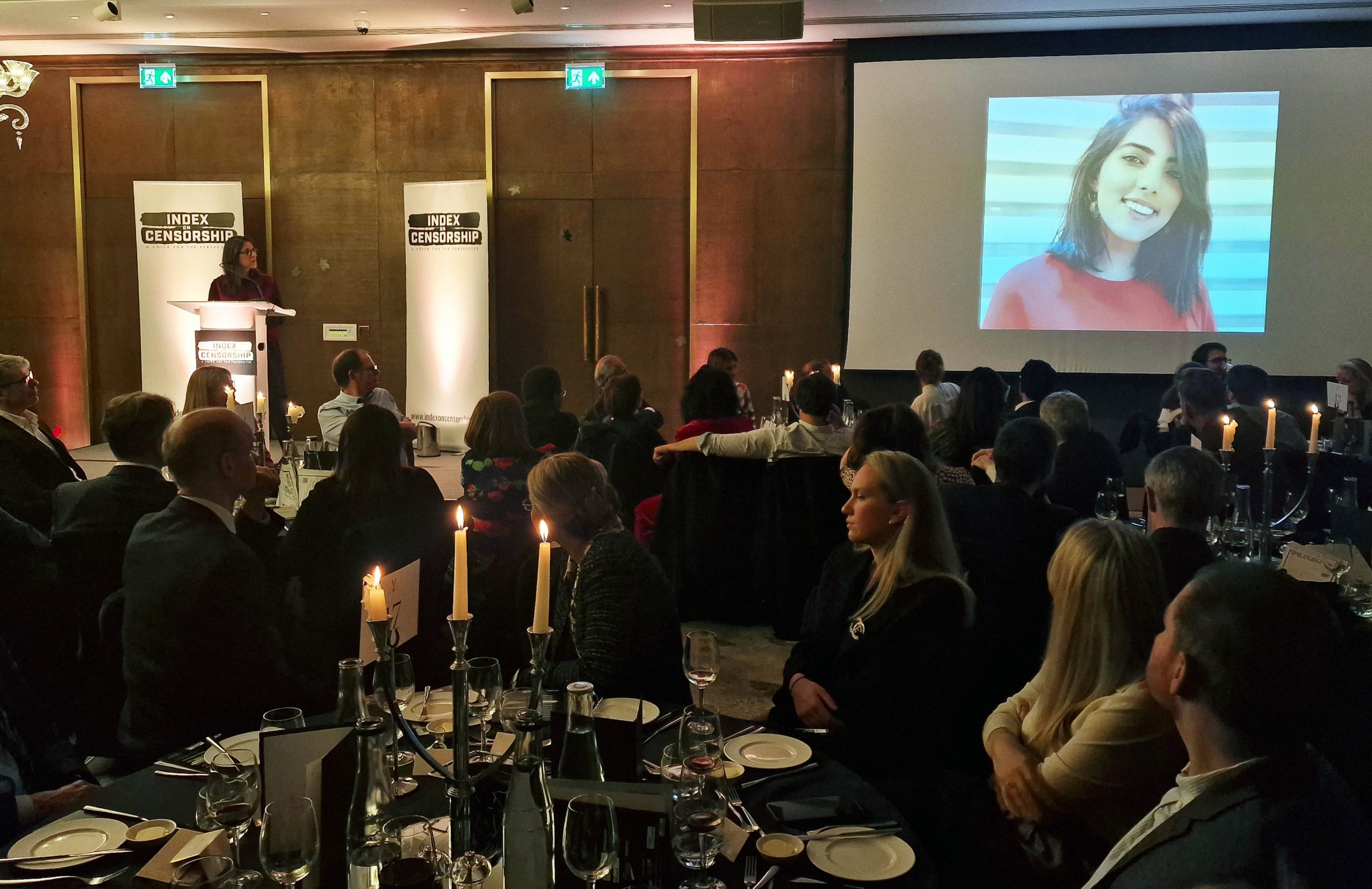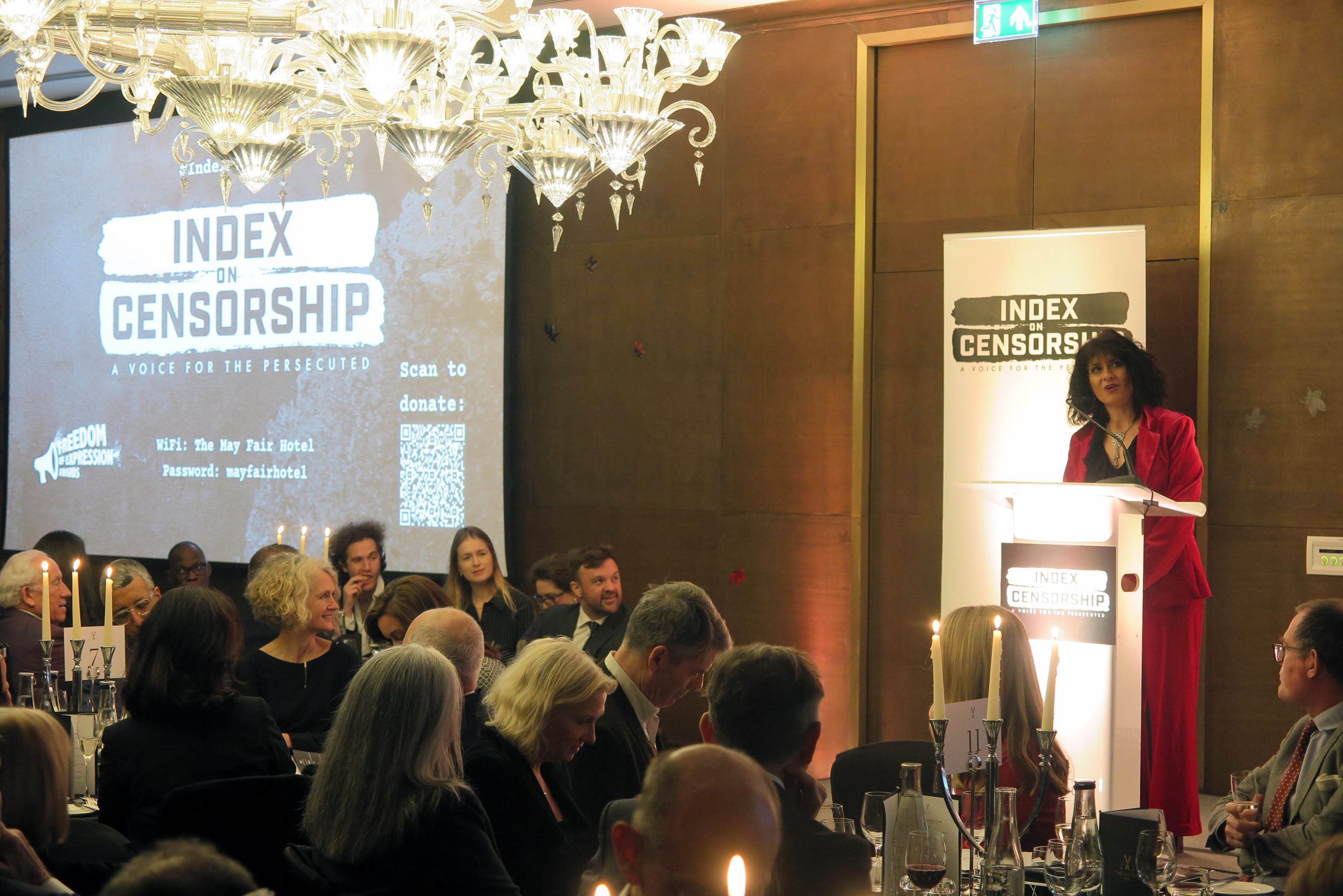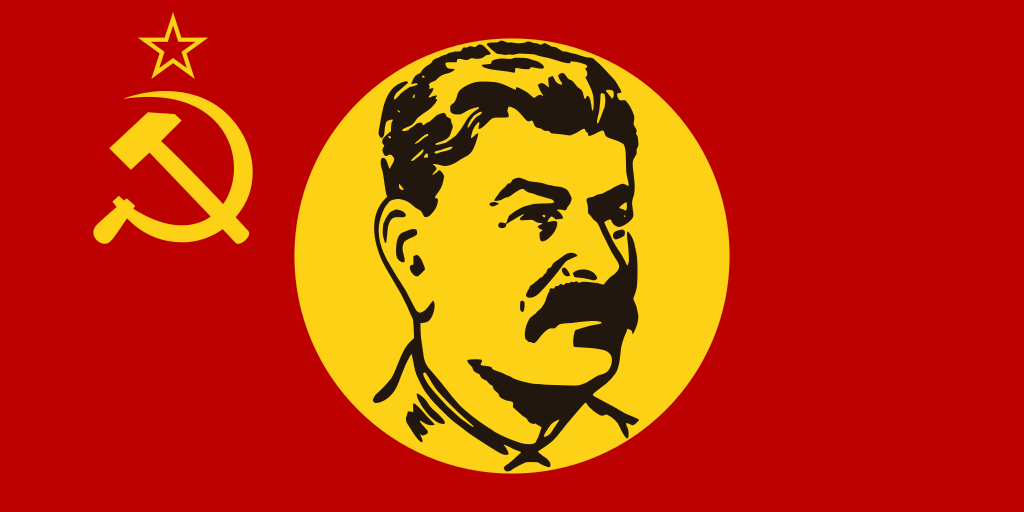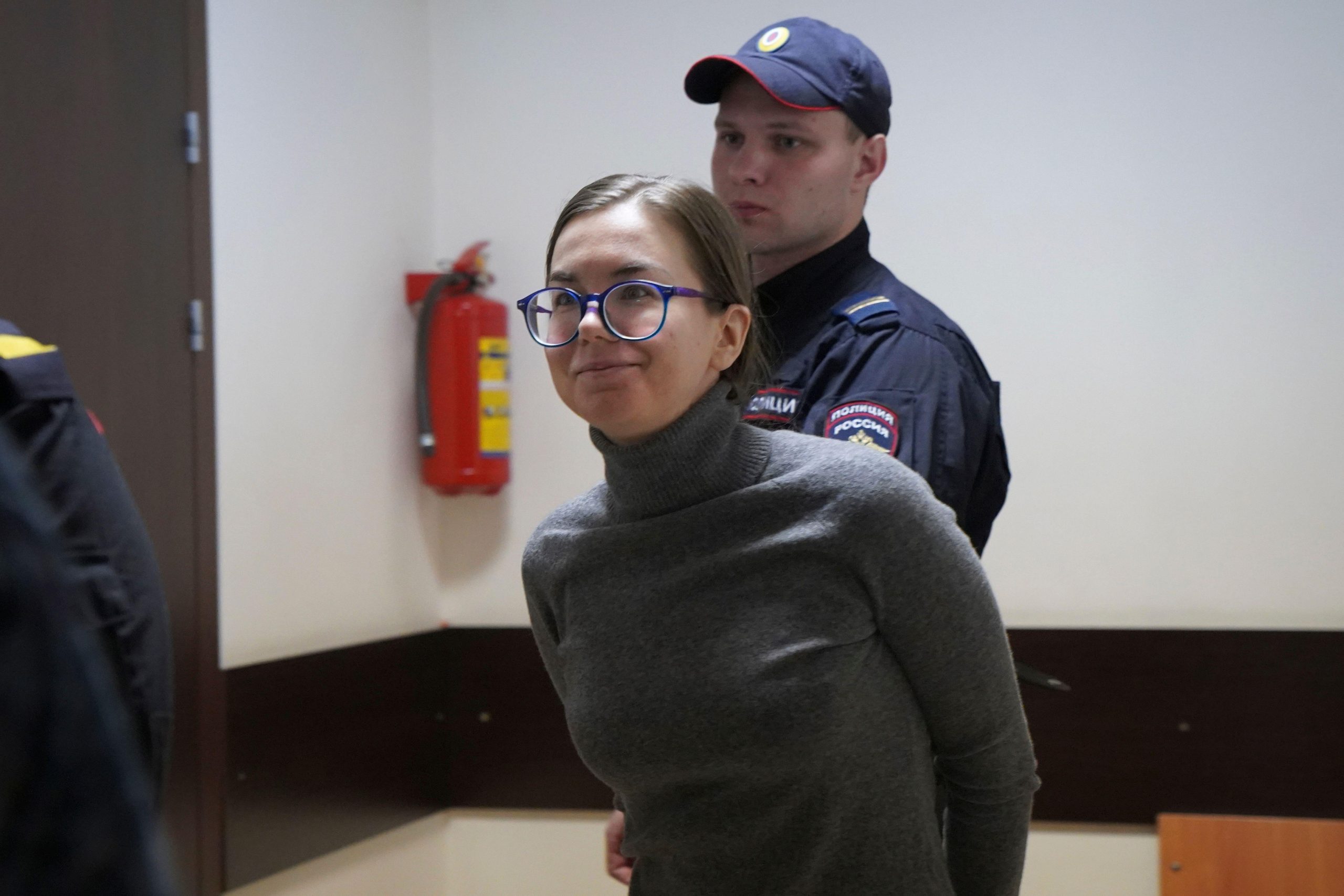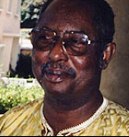
On the anniversary of the murder of independent journalist Deyda Hydara (right), Dawn Starin says the media must turn its attention to The Gambia, where free expression is increasingly under threat
A few weeks ago, David and Fiona Fulton, a British couple working as Christian missionaries in The Gambia, the smallest country on the African continent, were arrested, charged with sedition and held in custody. Within days, international newspapers and news agencies picked up the story, ran with it and spread it across their pages and through the ether. Why? This is not unusual for The Gambia. Over the years many people — mostly Gambians — have been arrested, detained, paraded on local television, prosecuted, imprisoned, tortured and disappeared and/or murdered for expressing their opinions, a freedom actually guaranteed by the country’s 1997 constitution. And over the years the western media — the media that counts — hasn’t paid attention.
Ever since President Yahya Jammeh — now referring to himself as either Professor or Doctor because he claims to have discovered cures for Aids, infertility, asthma, hypertension, obesity, male impotency and diabetes — seized power in a 1994 military coup, dissent has not been allowed within the borders of this small West African country.
Although frequently depicted as a tourist haven, a land of constant sunshine and lovely seascapes, The Gambia is in fact ruled by a dictator who garners support from the army, the police and the National Intelligence Agency (NIA, the Gambian Secret Service — also known as ‘the president’s iron fist’), which he uses to stifle dissent. Human rights violations are routine. Government-sponsored murder, mayhem and prejudice abound. While thousands of European tourists cavort on the sandy beaches and in the numerous nightclubs enjoying the sun and sea, Gambia’s 1.7 million citizens often live in fear.
According to Amnesty International, any person considered to be a perceived enemy of the government is at risk of being arrested, tortured and even killed. Reporters Sans Frontières says ‘opposition to President Yahya Jammeh or the expression of dissident views has become a high-risk undertaking that can catapult anyone, especially journalists, into the lawless world of Gambia’s prisons.’
Various human rights organisations and press freedom watchdogs have voiced concern over the lack of media freedom and the dangers faced by journalists in The Gambia. Reporters Sans Frontières reports that journalists for The Gambia’s privately-owned media live in fear, with death threats, surveillance, night-time arrests, arbitrary detention and mistreatment being the norm for journalists who refuse to support the government.
Within the confines of this small sliver of a country, journalists are arrested, their presses are shut down, their buildings are burned and worse. The independent journalist and co-founder and editor of the Point newspaper, Deyda Hydara, was murdered on 16 December 2004 and his killers are still at large. Hydara, who was hounded by the NIA for his outspoken, anti-government opinions, was gunned down two days after the Gambian National Assembly passed repressive media legislation that imposed mandatory prison sentences for any published work judged to be ‘seditious’ or ‘libellous’. By publicly opposing the law, Hydara put his life on the line –– a life he sacrificed for press freedom.
‘Chief’ Ebrima B Manneh, a local journalist considered a ‘prisoner of conscience’ by Amnesty International, disappeared after being seized by government agents in 2006. Is he still alive? Is he in custody? The government has refused to answer these questions.
It is not just Gambian journalists working on Gambian papers who are affected by this climate of fear. According to Reporters sans frontières, the ‘intolerant Gambian government’ also targets those who are normally outside its grasp. Fatou Jaw Manneh, a former reporter for the Daily Observer, and an online journalist currently residing in the USA, was arrested by the NIA when she arrived at Banjul airport, and prosecuted for intention to commit sedition, publication of seditious words and publication of false news intended to create public fear and alarm, because she described Jammeh as ‘a bundle of terror’ and accused him of ‘tearing our beloved country to shreds’. On 18 August, after a trial that dragged on for more than 16 months, she was found guilty ‘beyond reasonable doubt’ on four counts of sedition and sentenced to four years’ imprisonment with hard labour, or a 250,000 Dalasi (approx. US$12,000) fine, payable the same day. Fortunately she was able to raise the funds from the Gambia Press Union and her family, avoiding imprisonment.
It is believed that at least 23 Gambian journalists have gone into exile – some of them, like Momodou Lamin Jaiteh, after receiving threatening phone calls and visits from security forces. And others, like Yahya Dampha, a journalist on the opposition newspaper Foroyaa, after being arrested.
And it is not just journalists who have to be ultra-careful in this climate of fear. Amnesty International claims that once anyone is in custody, they are susceptible to a whole range of human rights violations, including unlawful detention, torture while in detention, unfair trials, enforced disappearance and extrajudicial executions. Frequently they do not have access to their families or lawyers and are exposed to poor conditions in Mile 2 prison – the same prison where Mr Fulton is residing.
Although the present constitution adopts no official religion, thereby implying that The Gambia is a secular state, since the arrest of the Fultons, Internet sites like the Christian Post claim that Christians living in The Gambia are under threat.
According to Human Rights Watch, gay men and lesbians are clearly under threat. Earlier this year Jammeh told a rally that he would make the country’s ban on homosexuality ‘tougher than the Iranian laws’ and he is said to have threatened to behead homosexuals, giving them 24 hours to leave the country. According to the Daily Observer, Jammeh was also quoted as saying, ‘We are in a Muslim dominated country and I will not and shall never accept such individuals [homosexuals] in this country.’ Jammeh also declared that any hotel or lodge housing a homosexual be closed down, further warning that ‘if found in any compound, the landlord would be in deep trouble’. The government has since denied that Jammeh called for decapitating homosexuals, without addressing his other reported threats.
Activists in the region told Human Rights Watch that following these statements at least three Gambian men were detained because police suspected them of homosexual conduct. The Associated Press also reported the arrest, on 2 June, of two Spanish men for allegedly ‘making homosexual proposals’ to a taxi driver.
Not so long ago a local tour guide explained to me that ‘tourists come here to see African culture and they see only what they want to see. They all go back and they write stories about palm trees and smiling people and cheap beer and fake drumming and dancing ceremonies put on by the hotels and they do not see the fear and trepidation that surrounds us. They do not see that we have to whisper and we have to pretend that we are glad to run off the road every time the president and his bodyguards and his guns and his tanks come driving past and they do not know that Jammeh and his NIA men come in the middle of the night and kill people who disagree with them’.
So why is it that The Gambia is never more than a blip on the news radar? Or, at most, simply a quaint story about holiday romps in an exotic place with ‘the natives’? Is it because news is simply what the western media defines it to be and The Gambia – the real Gambia – and Gambians are not newsworthy? Well, unfortunately, this small little country is now falling apart and no one is paying attention.
The Fultons deserve devoted newspaper and web space. They deserve to have their story told. They deserve justice. And so do the many Gambians languishing in cells and under house arrest and hiding in foreign countries and whispering behind closed doors. So why is it that the Fultons get so much attention, while the numerous murdered, detained, arrested, disappeared Gambians get so little? Is it because the Fultons are Christians in an Islamic country? Is it because the Fultons are British in an African country? Is it because the Fultons are white in a black country? Whatever the reason, maybe now the outside world will open its eyes and realise that this West African tourist haven known for the cheap sunny package holiday is not such a haven after all.
For more information on how human rights violations in The Gambia are perpetrated on a routine basis click here

